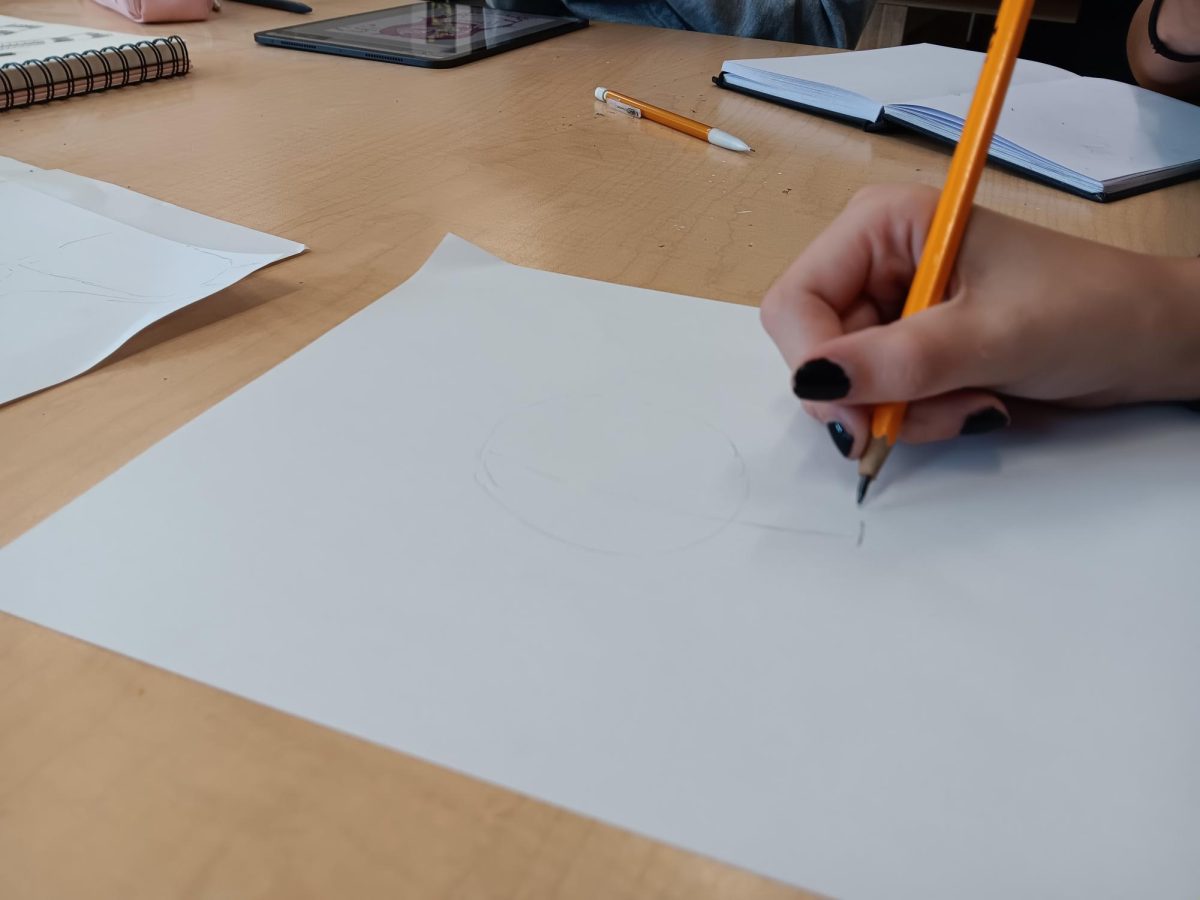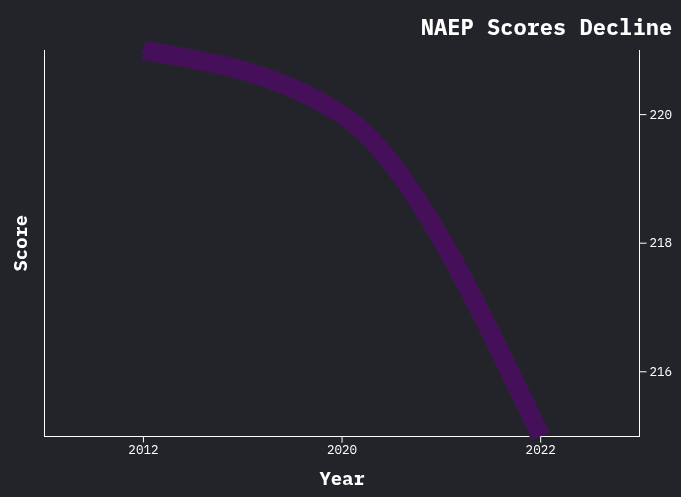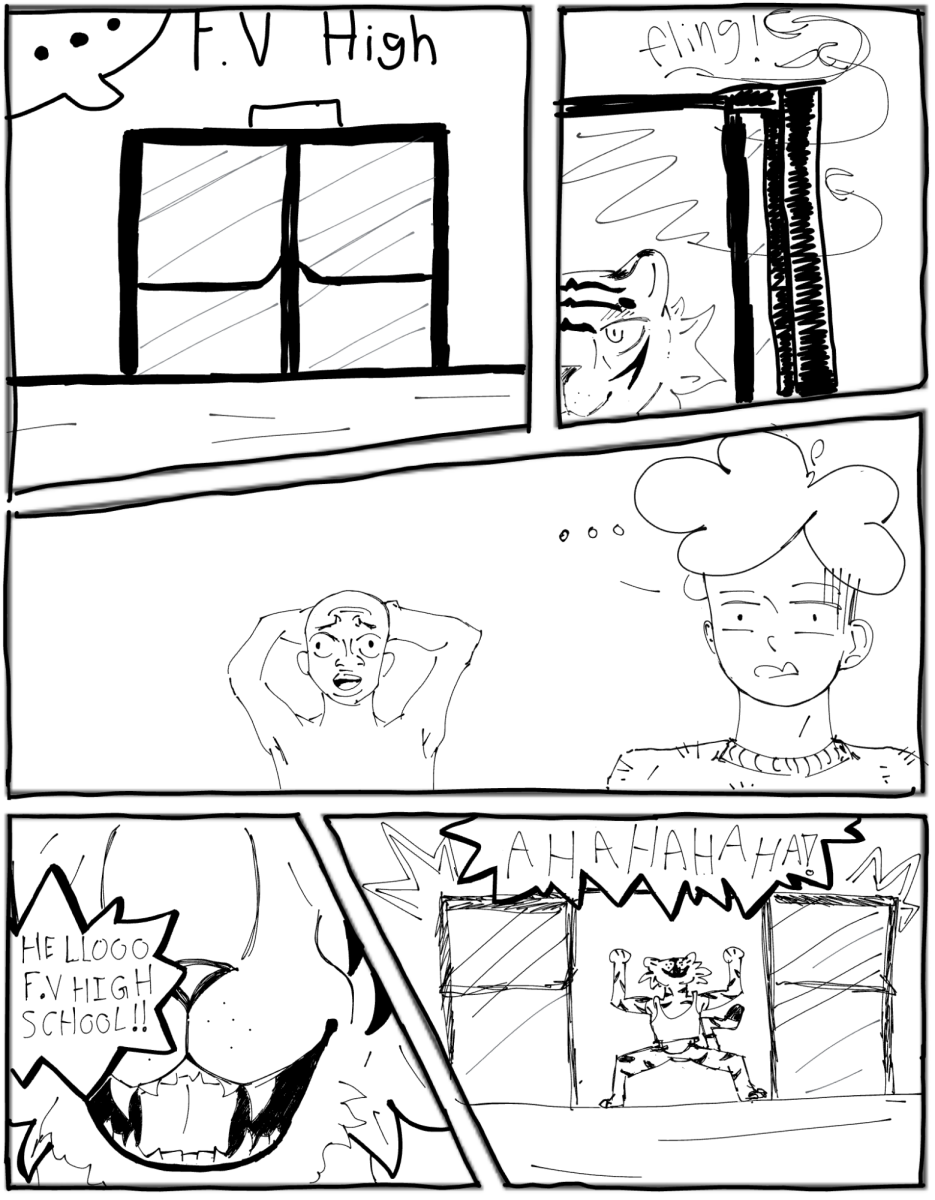Syria is now under the control of the Syrian rebels after they seized the capital, Damascus. Rebel forces, led by the rebel group, Tahir al Sham, liberated the country from the Assad regime after 13 long years of fighting.
The offensive began over Thanksgiving weekend, as Tahir al Sham launched an offensive which originally was supposed to create a buffer zone between the rebel pocket in Idlib Province in the north and regime controlled areas. On Nov. 29, the rebels entered the embattled city of Aleppo, an area where the Syrian government carpet-bombed for four years in an attempt to quell the rebellion inside the city. On Dec. 5, the rebels took the city of Hama, also a hot zone of the long running civil war.
Sensing that the Syrian regime was on the brink of collapse, rebels in the south began an offensive towards the city of Daara, taking the city on Dec. 6. The rebels also took the city of Suwayda, a city on a key road to the city of Damascus. Syrian Defense Forces, a Kurdish group, launched an offensive and seized the city of Deir el Zor, and the Syrian Free Army, a US backed group, seized the ancient city of Palmyra, and marched towards Damascus.
On Dec. 7, the rebels advanced within 10 kilometers of the center of the city of Damascus, and rebels began to enter the suburbs of Damascus from the south. Tahir al Sham took the city of Homs, and began to encircle the city of Damascus from the north. The next day, the rebels entered Damascus, and took the city, effectively defeating the Syrian regime.
The leader of the rebels, Abu Jolani and several other leaders of the Syrian Rebellion, went on Syrian State Television after liberating the city, announcing that the “dark days of tyranny are over for good.” He said that the Rebels will work in the coming days to form a government that “represents all Syrians, and works for all Syrian people.” Jolani also vowed to protect the religious minorities of the country, which include a sizable population of Christians.
In an interview on Friday with CNN, Jolani said that the people have nothing to fear about the potential government in Syria, saying that he doesn’t plan to rule the country as an Islamic theocracy.
Civilians in the streets are jubilant at the fall of the regime, as well as Syrians in the large diaspora that was caused by the long running civil war.
Issam Kourbaj, a Syrian artist who has lived in the UK for 30 years, said to the BBC that this was “A moment that I have long awaited, but I am really in two states of mind. On the one hand, I am relieved, but on the other hand, I am cautious because one does not know what is coming next. It is a very very emotional place.”
President Biden, in an address to the American people, said, “At long last, the tyrant Bashar al-Assad has been defeated. He committed numerous war crimes against his own people. I wish the Syrian people good luck on the transition to democracy.”
Assad is rumored to have fled to Moscow, and according to Russian State Media, Assad and his family applied for asylum inside Russia, Syria’s one time ally that intervened when Assad was most vulnerable, bombing cities in a brutal air campaign. Assad reportedly fled with a limousine filled with various currencies and then on a private jet as the rebels closed in on Damascus.
During the Syrian government’s attempts to end the rebellion in Syria, the government, with the help of Russia, carpet bombed cities, executed thousands of dissidents, used poisonous gas in attacks, and committed gross human rights violations.
The Assad family had ruled Syria since 1971 with an iron fist, after the family patriarch, Hafez al-Assad took power in a military coup. He ruled Syria until 2000, when he died, and power was passed to his son Bashar. Bashar held on to power with an iron grip until 2011, when the Syrian people rose up due to the throes of the Arab Spring. Assad’s government brutally cracked down on this uprising, and the uprising escalated to full civil war, causing around half a million casualties.
The Syrian people, for the first time in decades, have a tenuous hope that things will be better under the new regime. Time will tell, however, if the new leaders of Syria are an improvement from the old regime. For now, all the Syrian people, who were oppressed under the Assad totalitarian regime, can do is to hope the future is better.









































